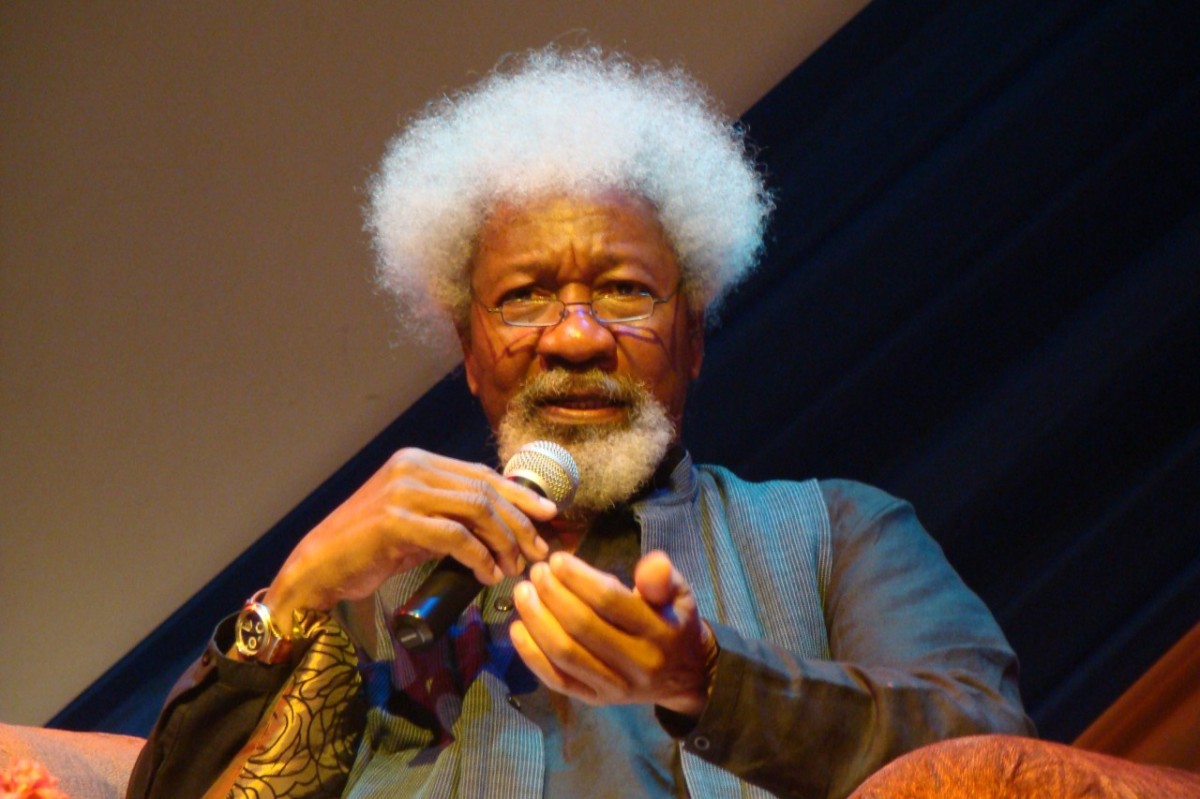On a continent where the power of words can reach beyond borders, Nobel laureate Wole Soyinka’s stand against global bureaucracy is resonating across Nigeria and the wider West African community. Recent events have put the renowned playwright and activist back in the spotlight — not for his literary prowess this time, but for boycotting an invitation from the United States Consulate in Nigeria to submit to a visa reinterview.
The news of Soyinka’s refusal — made during a charged political climate — is especially striking for Nigerians accustomed to the often difficult process of securing travel documents to abroad. For many, the story isn’t just about one man’s decision, but it calls up wider questions about dignity, respect, and how African travelers are received around the world.
Wole Soyinka reportedly received a formal invitation from the US Consulate, specifically addressed to holders of B1 and B2 visas (usually for business and tourism). His scheduled appointment was set for Thursday, September 11. However, Soyinka declined, making his objections clear both privately and publicly — and his reasoning has sparked debate throughout the region.
When approached by the press, including The News, Soyinka admitted that his first reaction was disbelief. “I thought it was a routine scam,” he reflected, “since I have never encountered such a request in all my years of international travel.” But verification proved the invitation was indeed authentic; and yet, authenticity didn’t convince him to participate.
His protest, as explained in interviews, is rooted in both principle and personal conviction. Soyinka, a figure respected not just for his creative works but also his outspoken activism, questioned the motives and timing of the US government’s reinterview exercise — and the choice of September 11 as a date for the process. For Soyinka, the significance of that day in American memory, marking the tragic events of 2001, should have demanded a pause in routine administrative business, as a sign of respect and reflection.
Soyinka’s refusal also touched on deeper issues that strike a chord for many West Africans. The playwright indicated a lack of interest in travelling to destinations where, in his view, visitors are not genuinely welcomed or respected. This perspective has found support among Nigerians who have faced hurdles and, sometimes, humiliation at foreign embassies. The ordeal of visa interviews — long hours, unpredictable questions, and occasional rebuffs — is a familiar story in Lagos, Accra, and beyond.
As Soyinka put it, “I have greater responsibilities than seeking visas or justifying my travels to any official,” echoing the frustration of many whose contributions to culture and society are sometimes met with suspicion rather than honour on the world stage. He went further to clarify that his stance is not a personal vendetta, but a line drawn out of principle — a refusal to be subjected to requirements by a government he fundamentally distrusts, especially under the leadership of then-President Donald Trump.
More provocatively, Soyinka drew a parallel between the US and African dictatorships of the past. He questioned whether global leaders truly welcome diversity, dignity, and dissent, slyly alluding to notorious strongmen in Africa’s history, like Uganda’s Idi Amin. “Across the world, we find leaders who repeat similar patterns of intolerance — only with different colours and names,” he observed in his typical biting style.
For Nigerian and Ghanaian readers — as well as the larger African diaspora — the incident is not just headline news. It’s a reflection of the broader challenges Africans face while interacting with global institutions. Whether it’s students pursuing study abroad, professionals at international conferences, or relatives visiting family in the diaspora, the push and pull of respect and recognition remains constant.
Local reactions have flooded social media and WhatsApp groups, with commentators drawing Saharan proverbs and pidgin humor alike to analyze Soyinka’s choice. Some see his boycott as a powerful form of protest, showing that not even global superpowers can force everyone into compliance. Others note the practical challenges Africams encounter daily — and how Soyinka’s experience, though high-profile, echoes that of countless ordinary Nigerians hustling through embassy queues each morning in Victoria Island and Ikeja.
In Ghana’s Accra, similar whispers have sparked, with debates echoing in online forums and university corridors. Many see Soyinka as a symbol — an elder pushing back not just against bureaucracy, but against any system that fails to honour the humanity and voice of its guests.
Outside Africa, cultural observers are reminded of the often-unseen hurdles many non-Western travelers face. The underlying question remains: How can global visa policies strike a balance between security and dignity, especially for continent’s iconoclastic leaders and rising youths alike?
This conversation is far from over. As Nigerian, Ghanaian, and West African citizens navigate international borders, pursue education, or build cross-continental businesses, issues of respect at consulates and embassies remain deeply personal. Soyinka’s refusal serves as a fresh reminder that the demand for mutual recognition and dignified treatment is as urgent as ever.
Are you a Nigerian, Ghanaian, or fellow West African who has faced challenges at embassies or consulates abroad? How did you respond, and what changes would you like to see in global travel through African eyes? Share your story with us — or submit your experience for publication by contacting story@nowahalazone.com.
For general inquiries or support, write to support@nowahalazone.com.
If you have questions, comments, or would like to suggest further reading or improvements related to food content, please reach out via food@nowahalazone.com.
We want to hear your perspectives: What should international embassies do differently in Africa today, and how can West African travelers be better respected globally? Join the conversation below and help us shine a light on the real voices shaping Africa’s engagement with the world.










